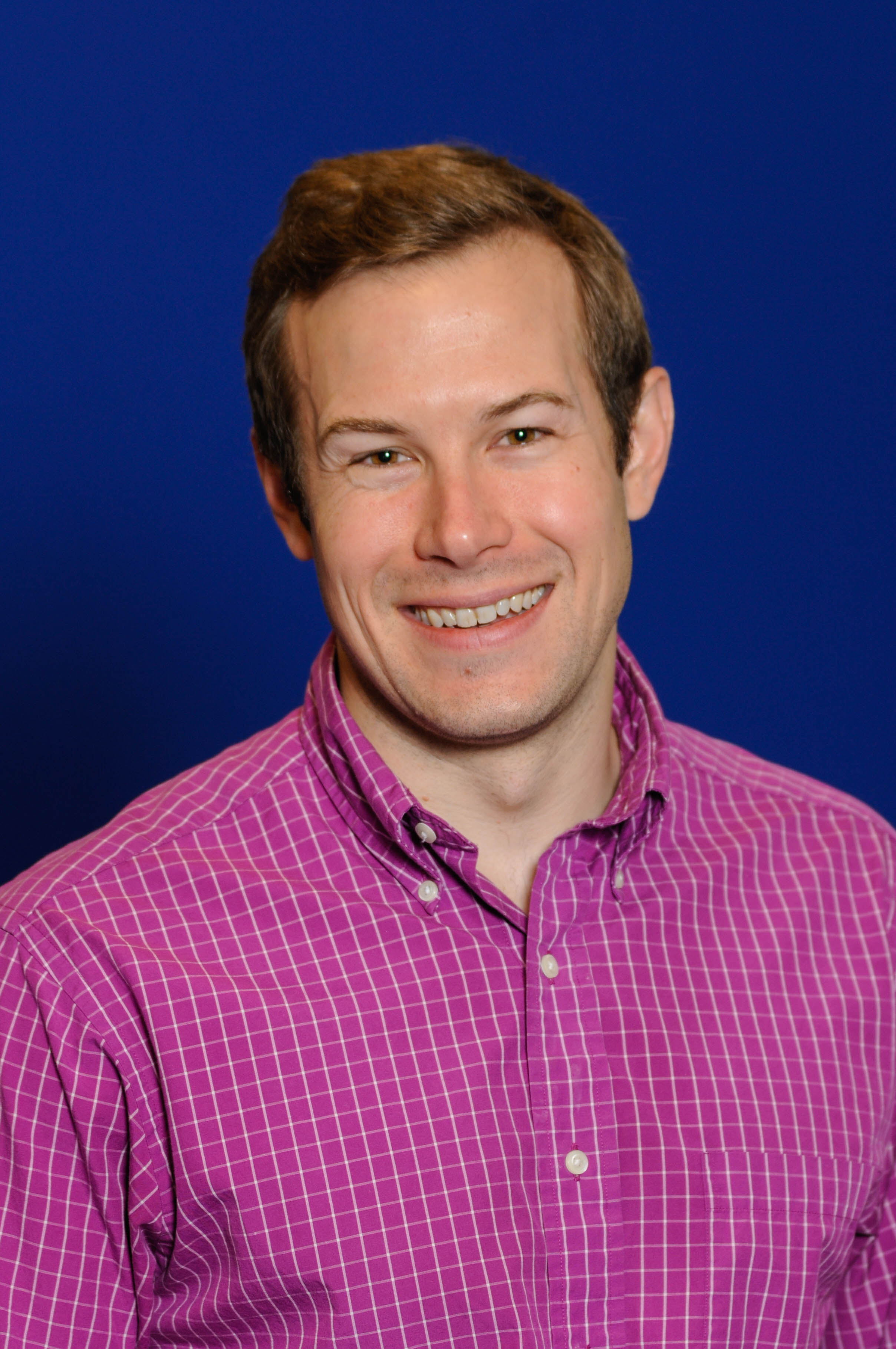ODU Modeling & Simulation Researcher Looks for Clues in Big Data
January 14, 2016
 Ross Gore
Ross Gore
For a decade Ross Gore has looked in the world of big data for answers to society's complex problems. Sometimes, the data come from surprising sources. The most recent paper he co-wrote looked at the relationship between Twitter content and the rates of obesity across the United States.
To Gore, it's a challenge, taking giant public data sources and analyzing them in new and creative ways, hoping for breakthroughs in how government policies can be shaped or tweaked to benefit society.
Since 2014, Gore has been a research assistant professor at Old Dominion's Virginia Modeling, Analysis and Simulation Center (VMASC). Working with professors who specialize in completely different disciplines has helped him discover new research applications.
With Saikou Diallo and Jose Padilla, VMASC research assistant professors, Gore recently published the paper exploring the relationship between Twitter content and geographic differences in obesity rates. Gore also was part of a team of researchers to win an award from the Bill and Melinda Gates Foundation in 2015 for using data to aid development in the West African country of Senegal.
"The main connection is modeling," Gore said. "But if I have a question about vulnerability, I can go talk to Josh (Behr, research associate professor). If I have a question about transportation, I can talk to Mike (Robinson, research assistant professor). And they're just down the hall. It really opens up the possibility of questions to answer."
Originally from Maryland's Eastern Shore, Gore earned his master's degree and doctorate at the University of Virginia, following a bachelor's at the University of Richmond.
At VMASC, Gore works most closely with Diallo and Padilla. "We try to leverage voluminous public data sources that typically people don't think of as being quantitative, and use them to inform analysis in models and simulations," he said.
Since more data than ever before is being produced, Gore said it's important to develop tools to extract useful information to help make policy decisions. By identifying macro and micro trends to build tools and models, the VMASC researchers hope to accelerate the pace of research analysis.
"We are trying to make sure we get the answer right," he said. "With modeling and simulation, we might be able to put a policy in place virtually, to see if things will work as expected, before a full rollout is done."
The Gates Foundation award was through the Data for Development Senegal Innovation Challenge. In the challenge, researchers worldwide were given access to the same dataset - a giant collection of anonymous cell phone records - and were tasked with posing and answering a question that would aid development in the country.
Gore and his European collaborators used the data to determine how best to allocate resources for urgent health care facilities in Senegal.
From the location of the cell phone calls, the researchers were able to determine where population is distributed around the country, and how mobile that population is. "Based on that information, we wanted to know how long it takes people to get from one part of the country to another," Gore said.
Then, based on existing best practices for acute care in the case of heart attack and stroke, the researchers looked at urgent care facilities and mapped the gaps in emergency room coverage.
The project won Gore's team the Practical Application award from Data for Development Senegal, and their recommendations have been forwarded to policymakers and non-governmental organizations in the country.
In the Twitter project, Gore, Diallo and Padilla tracked residents in different parts of the country to see if their behavior matched the distribution of obesity rates in the United States, which skew higher in the Southeast and lower in parts of the Northwest.
The researchers examined 25 million tweets with geo-tagging information that placed them in one of 189 urban population areas. They analyzed the frequency of references to food and exercise, and found that tweets that mentioned fruits and vegetables and physical activity were more likely to be sent in urban areas with lower obesity rates. This type of information, he said, could help target public health interventions.
"I think there really is an argument to make that we can use these models to gain insight into making informed solutions at low cost relative to conducting full demographic surveys," Gore said.

